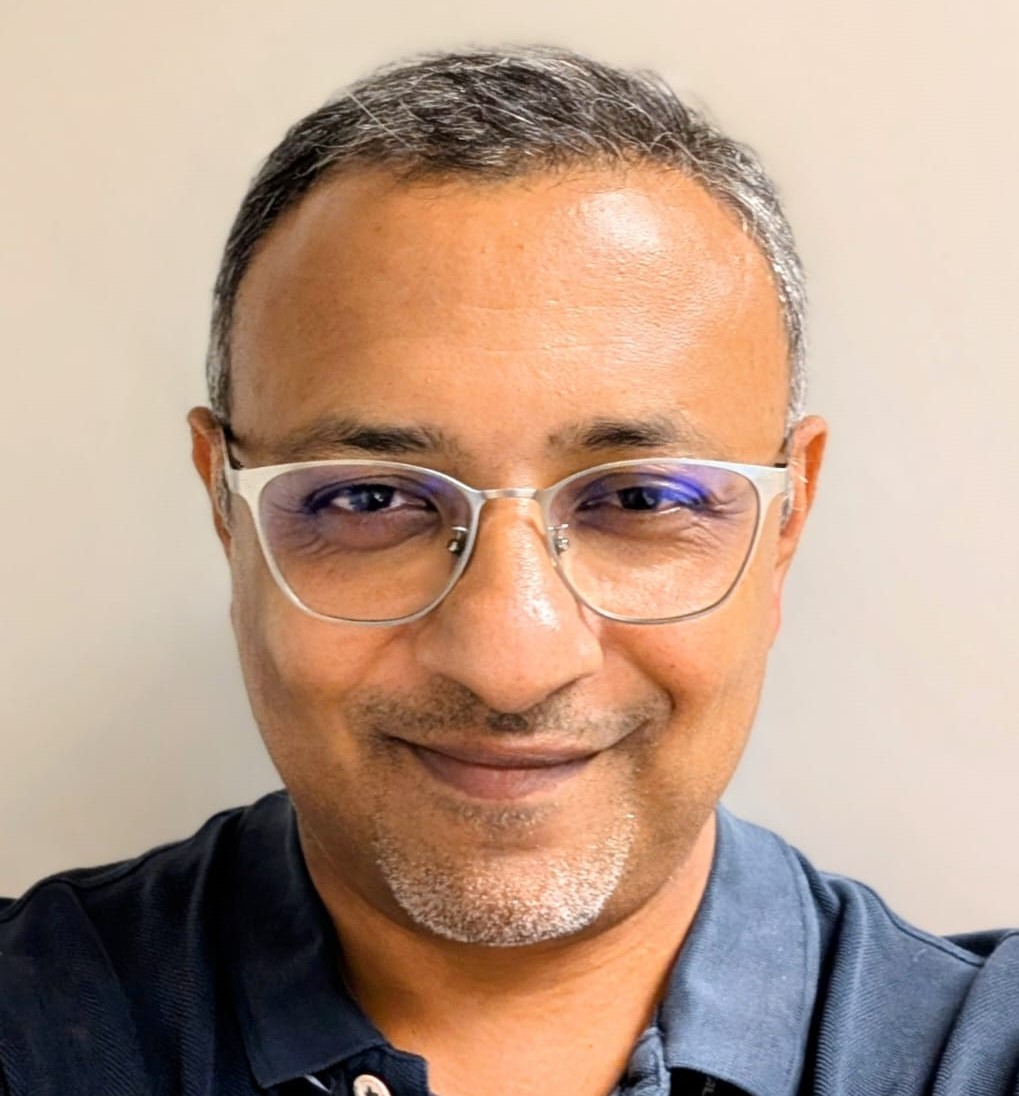Title: Spatially Resolved Single Cell Analysis of Bevacizumab-induced Enhancement of anti-PD1 Response in Nasopharyngeal Cancer
Abstract: Clinical outcome data from our recent Phase II randomized study aimed at interrogating the benefit of combining anti-VEGF therapy (Bevacizumab) with immune checkpoint blockade (ICB, Pembrolizumab) in advanced nasopharyngeal cancer (NPC) showed a ~4x increase in overall survival rate (ORR) in the combinatorial arm compared to anti-PD1 monotherapy (Lancet Oncology 2025). In this study, we employed single cell RNA-seq and spatial transcriptomic analyses on longitudinal, serial biopsies from patients with matched clinical outcome data, to explore the underlying molecular mechanisms and prognostic biomarkers associated with how anti-angiogenic therapy may regulate anti-PD1 response. Notably, our single cell-spatiotemporal analyses revealed that one week of Bevacizumab monotherapy alone can remarkably alter and prime the tumour ecosystem into an immune-active state. Specifically, we elucidate the anti-VEGFA-induced alterations in cell types, cell states, and spatial neighbourhoods that promote vascular normalization, and a proinflammatory switch in myeloid cells as well as cancer-associated fibroblasts (CAFs), which facilitate reversal of immune tolerance, and restoration ICB response. Additionally, gene regulatory network analysis and interrogation of spatially-aware cell-cell interactions associated with emergence cell-states, and dynamic alterations in response-associated spatial niches, revealed potential pathways and cross-regulatory interactions that may control therapy response. Altogether, our study reveals a critical role for stromal remodelling in promoting immunotherapy response, while opening new avenues of investigation into alternative targets for combinatorial interventions to enhance immunotherapy response.
Bio: Dr. DasGupta graduated with a double Bachelor’s degree, in Chemistry (B.Sc. Hons., University of Delhi, India, 1994), and in Genetics (B.A., Cambridge University, UK, 1996). He obtained his Ph. D. in Developmental Biology and Molecular Medicine from the University of Chicago, 2002. Dr. DasGupta conducted his postdoctoral research at the Harvard Medical School, where he pioneered whole-genome high-throughput, RNAi-based functional genomic screens to identify novel regulators of cell-signalling pathways. In 2006, Dr. DasGupta established his own research laboratory at the NYU-Cancer Institute, where he served as an Associate Professor till 2014. Thereafter, he moved to the Genome Institute of Singapore (GIS), where as a Senior Group Leader he led a program in Precision Oncology and Cancer Evolution. More recently, Dr. DasGupta has taken up the position of Professor of Cancer Systems Biology at the School of Cancer Sciences, University of Glasgow and the CRUK-Scotland Institute. The major focus of his laboratory is to interrogate the mechanistic basis for how damage-associated regenerative programs in the intra-hepatic microenvironment drives progression of chronic disease to HCC. The DasGupta lab utilizes a variety of single cell and spatial multi-omic approaches to define mechanisms underlying spatio-temporal cross-regulatory interactions between pathogenic cells and their microenvironment that drive cellular plasticity and phenotypic heterogeneity during tumorigenesis as well as tumor progression, in etiologically distinct liver cancers. Dr. Ramanuj DasGupta Professor of Cancer Systems Biology Laboratory of Tumour Evolution and Precision Oncology School of Cancer Sciences, University of Glasgow CRUK-Scotland Institute
